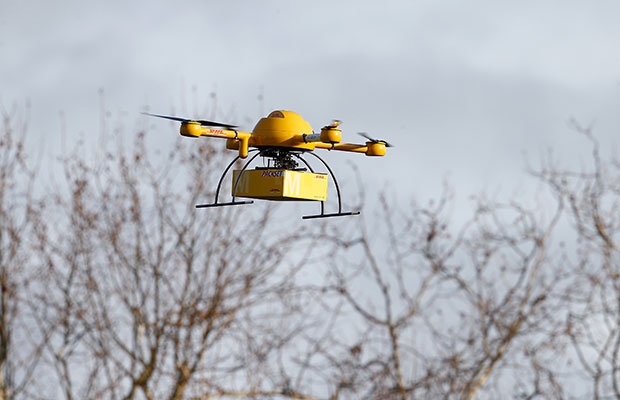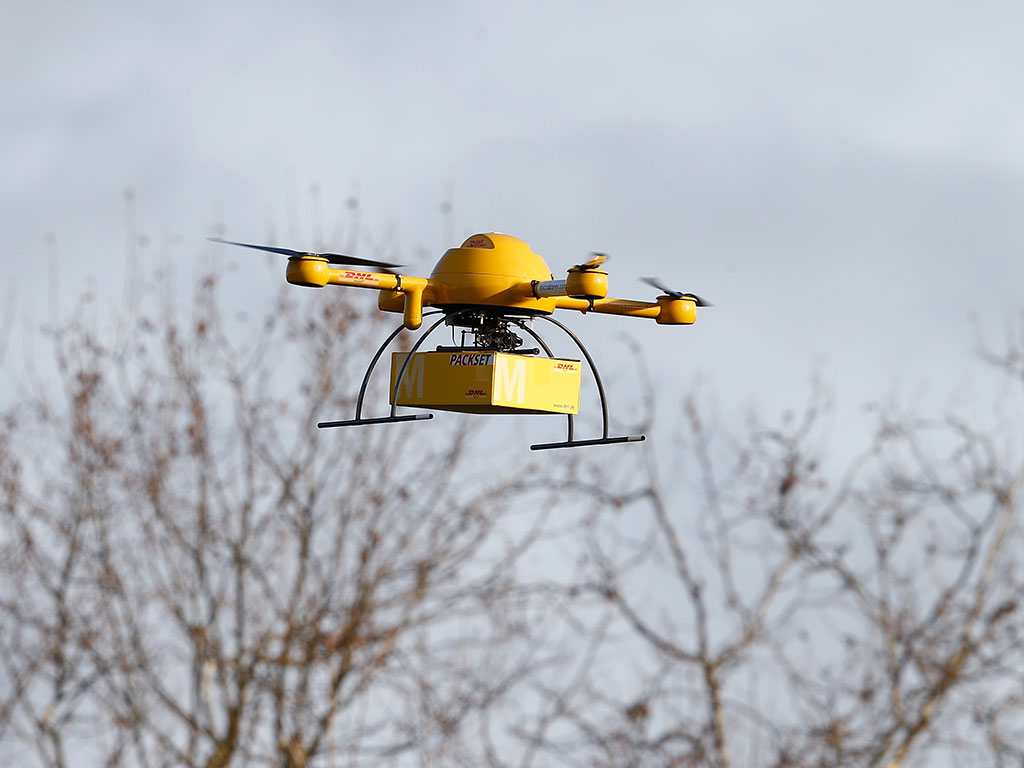Amazon to build new research hub in Cambridge
Amazon has announced plans to build a huge new facility in Cambridge for developing delivery drones and artificial intelligence


On May 4, online retailer Amazon announced plans to build a 60,000 sq ft research facility in Cambridge to develop cutting-edge technologies such as web services, video streaming and artificial intelligence. The facility will employ 400 highly skilled workers and will help the company to reach its goal of hiring 5,000 UK staff in 2017. The development centre will open in autumn in the city’s business district.
Staff will include mathematical modellers, data scientists, speech scientists and knowledge engineers. They will work on various existing projects, including Kindle, Echo, Fire TV and the Alexa voice assistant. With these transferred to the new site, Amazon’s existing research base in Cambridge, at Castle Hill, will switch its focus to developing the Prime Air drone delivery service, which achieved its first ever shipment in December and has been advancing rapidly ever since.
Boosting R&D in machine learning and AI will be crucial in keeping Amazon’s Alexa voice assistant competitive
“We are constantly inventing on behalf of our customers, and our development centres in Cambridge, Edinburgh and London play a major role in Amazon’s global innovation story”, said Doug Gurr, Amazon’s UK Country Manager. “By the end of this year, we will have more than 1,500 innovation related roles here in Britain.”
Boosting R&D in machine learning and AI will be crucial in keeping Amazon’s Alexa voice assistant competitive. Rivals, including Google Home and Apple’s Siri, recognise users’ speech patterns and can also be used for searching the internet. As one of the world’s biggest retailers, Amazon is eager to mesh Alexa with its digital shopping department to streamline the purchasing process. Developing this technology in the UK rather than the US is important because it allows developers to add localised touches that UK consumers will appreciate, thereby furthering Amazon’s goal of making Alexa “a more natural voice experience”.
Meanwhile, with an expansion of the Prime Air facility, Amazon could be readying the UK to become the frontline for its development of ‘airborne fulfilment centres’ (AFCs), an idea that the company patented in December. AFCs are massive airborne warehouses modelled on conventional airships that will, Amazon hopes, hover above cities and deliver goods via small shuttle drones.
“The UK is very well placed for developing [drone] technology”, explained Dr Jonathan Aitken, a drone researcher at the University of Sheffield. “We are substantially less restrictive than the FAA in the US. That’s one of the reasons why Amazon has come to the UK to do their research. The Drone Action Group within the Department for Transport are very actively promoting drones for doing business within the UK and the Civil Aviation Authority is part of that.”
In February, Amazon announced plans to expand its UK workforce from 19,000 to 24,000 by the end of the year. Most of this growth will come from new warehouses rather than development centres such as the one in Cambridge. That said, the new investment is a boost for high-skilled UK jobs, which have been a cause for concern over the past several months in light of the developing Brexit process. In this regard, technology companies like Amazon have been among the most comfortable when it comes to investing in British innovation and research.













